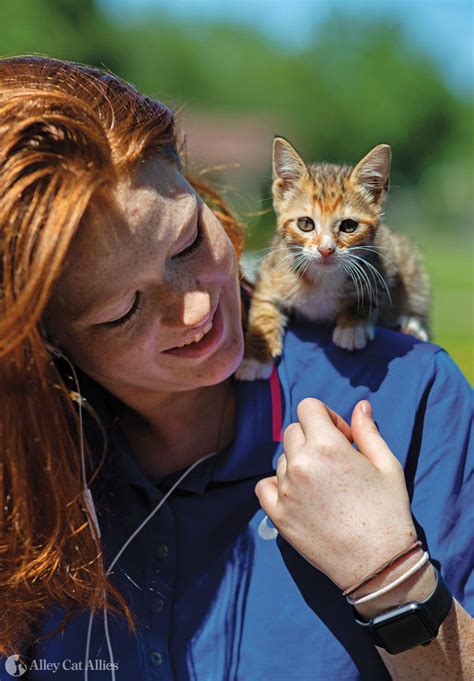Introduction
Cats are fascinating creatures that have captured the hearts of millions worldwide. One crucial aspect of cat care is socialization, which plays a vital role in their overall well-being and happiness. This guide will explore the various techniques involved in cat socialization, highlighting the differences between early and late socialization, and providing practical steps to help you effectively socialize your feline companion.

Early Socialization
Early socialization, typically occurring between the ages of 2 and 12 weeks, is considered the most critical period for shaping a cat’s social behavior. During this stage, kittens are highly receptive to new experiences and are more likely to develop positive relationships with humans and other animals.
Benefits of Early Socialization:
- Increased confidence and reduced fearfulness
- Improved adaptability to changes in environment
- Stronger bonds with family members and other pets
- Reduced risk of behavioral problems later in life
Late Socialization
While early socialization is ideal, it’s important to note that socialization can occur at any age. Late socialization, however, may require more effort and patience, as older cats may have had less exposure to new experiences and may be more set in their ways.
Challenges of Late Socialization:
- Cats may be more resistant to change
- Negative past experiences can hinder socialization efforts
- Patience and consistency are essential for success
How to Socialize Your Cat
Step-by-Step Approach:
- Gradual Introductions: Start by introducing your cat to new people and environments gradually. Keep interactions short and positive.
- Positive Reinforcements: Reward your cat with treats, praise, or playtime for calm and positive behavior.
- Safe Spaces: Provide your cat with safe and comfortable places to retreat to when they feel overwhelmed.
- Playtime: Engage in regular playtime to help your cat socialize with you and other family members.
- Consistency: Maintain a consistent routine and repeat socialization exercises regularly to build trust and familiarity.
Common Mistakes to Avoid
- Overwhelming your cat with too much socialization too quickly
- Punishing your cat for not socializing
- Forcing interactions between your cat and strangers or other animals
- Ignoring signs of stress or anxiety in your cat
- Giving up on socialization efforts too easily
Reviews
“This comprehensive guide provided me with valuable insights and techniques to help socialize my kitten successfully.” – Martha, cat owner
“The step-by-step approach was clear and easy to follow, making the socialization process less intimidating.” – David, cat lover
“I’ve noticed a significant improvement in my cat’s confidence and social behavior after following the advice in this guide.” – Sarah, cat advocate
“Even though my cat is an adult, I’ve found these techniques helpful in enhancing her relationships with our family and other pets.” – John, cat enthusiast
Conclusion
Cat socialization is an essential aspect of feline well-being. By understanding the differences between early and late socialization, and implementing effective socialization techniques, you can help your cat develop into a confident, well-rounded companion that brings joy and enrichment to your life. Remember that patience, consistency, and a positive approach are key to successful socialization.





















